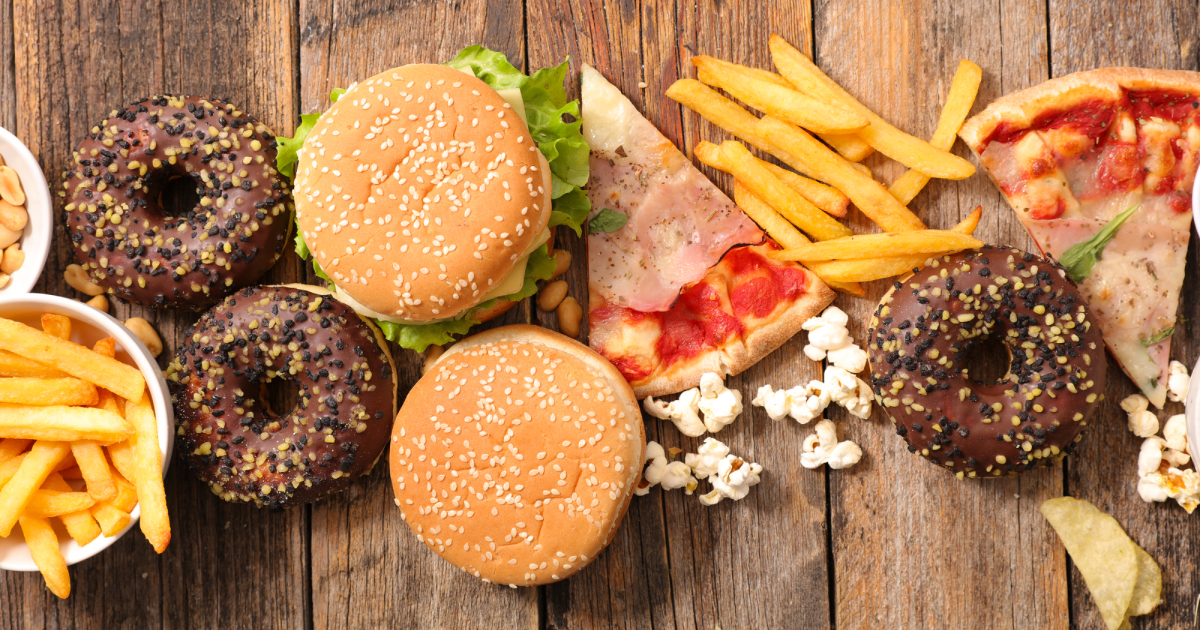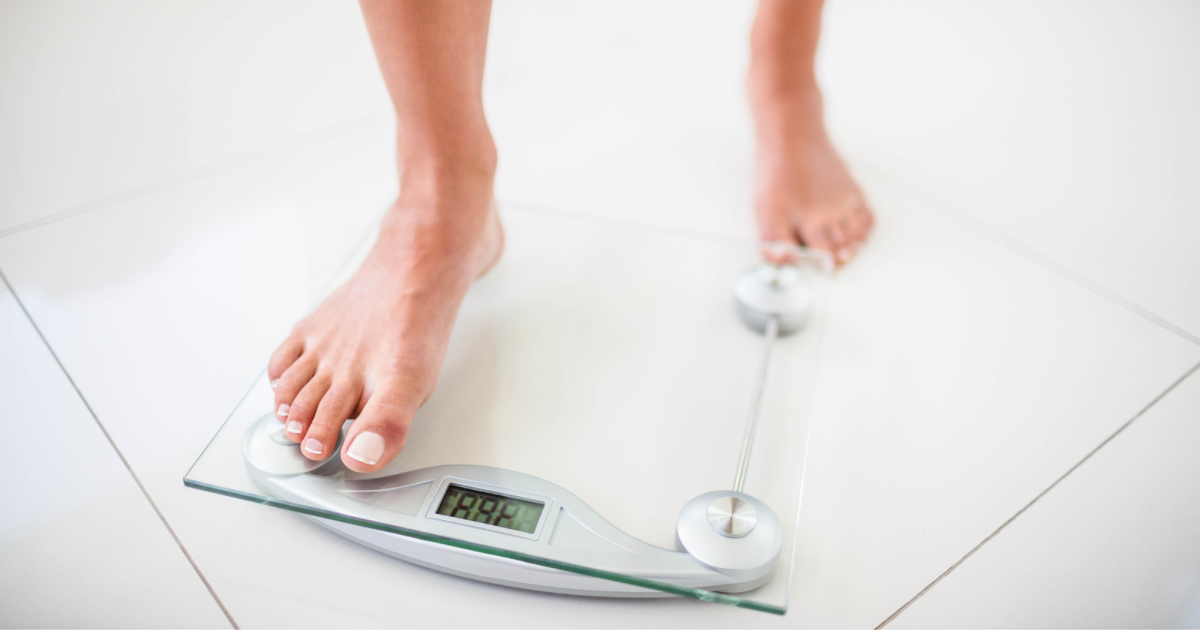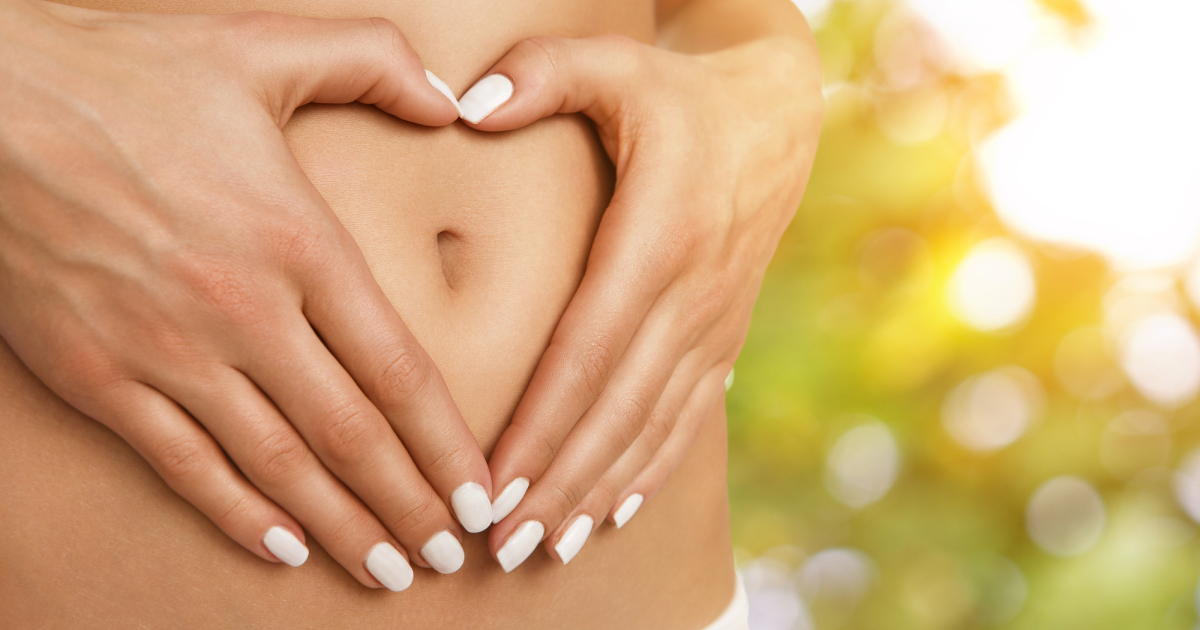You’ve probably heard these sayings before (and for good reason too!):
“Listen to your gut.”
“Butterflies in your stomach.”
“Gut instinct”
For centuries, we’ve known that our gut and our wellbeing are connected.
Right now, science is uncovering just HOW linked they really are.
According to Harvard Medical School, your gut affects your digestion, mood, energy, aches and pains, and even your brain function.
The more we learn about it, the more we realize how incredibly important it is.
Your gut is host to an entire microbiome of bacteria (tiny bugs!) – an estimated 100 trillion of them!
Fun Fact: if you were to weigh all the bacteria in your gut, they would weigh over 4 lbs (2 kg)!
Some of these bacteria are your personal army of helpers, digesting your food, making energy, and keeping your immune system strong.
And others are not-so-good: linked with digestive upset, inflammation, obesity, and even conditions like cardiovascular disease, diabetes, and asthma.
As you can imagine, you want to make sure your gut stays in balance, with more of the good guys than the bad guys.
YOU have the power to do just that with your food and lifestyle choices.
Keeping those bacteria happy, healthy, and balanced is a big part of a wellness lifestyle and feeling good.
You can probably already guess that what you eat plays a very important role in keeping your gut healthy.
Even though we all have our own unique gut microbiome, the basic guidelines for keeping it in balance work for nearly everyone!
5 Steps To A Healthier Gut
- Get enough fiber in your diet. Fiber keeps your good bacteria well-fed! This includes insoluble fiber too.
- Eat fermented foods like yogurt and sauerkraut, because they contain healthy bacteria that can replenish your gut microbiome.
- Avoid processed foods and sugar. The bad-guy bacteria just love to feed on these.
- Cut stress. Meditate, journal, go outside for some fresh air.
- Get regular exercise. The more active you are, the happier your gut microbiome is!
- Get enough sleep. When your sleep is disrupted, so are the good bacteria in your microbiome (and vice versa).
Get more healthy gut tips and recipes with our free gut health guide »
It’s got plenty of tips and tricks to help keep your gut stay balanced and healthy – and lots of delicious recipes for you to try out too.
The Effects of Sugar and Processed Foods on Your Gut

What was the last thing that you ate?
Do you think it helped to feed the “good” bacteria in your gut…or the bad bacteria that lives in there too?
So often, we just focus on how what we eat affects our weight.
But there’s SO MUCH MORE at work here! And it’s all interconnected.
The “good” bacteria that live inside your gut need to eat, just like you do.
They love to nibble on insoluble fibers (aka “prebiotics”) that are tough enough to survive the trip through your stomach.
Meanwhile, the “bad” bacteria inside your gut thrive in a low-fiber environment with sugars, processed foods and grains, additives, artificial sweeteners, preservatives, and fillers.
Experts theorize that when there’s not enough food for your good bacteria, they physically starve.
This gives the bad bacteria a chance to get a foothold, which can cause some major problems!
It all hinges on the lining of your gut.
This lining is actually a super important part of your immune system, because it forms a barrier between the food you eat and the rest of your body.
When this lining becomes too permeable (when the bad bacteria begin to take over), toxins, bacteria, and even partially digested foods can “leak out” of your digestive system and make their way into your bloodstream.
This is called Leaky Gut!
Over time, this can cause a whole host of problems like chronic fatigue syndrome, migraines, auto-immune diseases, skin conditions and more.
This is why we always talk about eating whole, “clean” foods – because when your gut is happy, it makes the rest of your body happy.
Like I mentioned earlier, the key to a healthy gut microbiome is BALANCE (including exercise, sleep, diet, stress, and more).
Gut Health and Weight Loss

If you are trying to lose weight (or body fat), the microbiome in your gut actually plays a key role in the process.
Scientists have only been studying this for a few years, but so far the results are pretty amazing:
- Recent studies from the National Institutes of Health have shown people whose weight falls in the “obese” category have different microbiome profiles than people whose weight is in the “normal” category.
- It appears some healthy bacteria (probiotics) might actually cut back on how much fat your body absorbs.
- Probiotics can also play a role in your hunger hormones, making you feel less hungry.
- Another study from the National Institutes of Health shows some bacteria in the Lactobacillus family (especially Lactobacillus gasseri) helps with fat loss and maybe even prevent weight gain.
So… what does this all mean?
Adopting habits that support a healthy gut also appears to support a healthy weight.
It’s all about creating balance and living a healthy lifestyle.
Part of a balanced lifestyle is getting a healthy amount of quality sleep and exercising regularly.
Let’s look at the effects regular exercise has on your gut first.
Exercising for a Healthy Gut

You already know that exercise is good for you.
It’s good for your sleep, your mood, your muscles, your heart, etc. etc.
Well… we can’t overlook just how good it is for your gut too!
We’ve heard for years that getting some light exercise – like a walk – right after you eat is good for you.
Not only does it help food move through your stomach as much as 30% faster, it helps balance blood sugar. And because it keeps your digestive system moving along, you’ll likely be more “regular” in the bathroom.
But there’s even more.
Exercise also helps you build up more good bacteria in your gut. Not only do you have MORE good bacteria, but more different TYPES of bacteria!
This is important in keeping a balanced and healthy digestive system.
Researchers at the University of Illinois tested the microbiomes of adults who didn’t exercise regularly, and then put them through an exercise routine that had them doing 30-60 minutes of cardio 3 times a week.
After 6 weeks, the study participants had MORE good bacteria in their gut!
In particular, they had more microbes that help produce short-chain fatty acids, which reduces the risk of inflammatory diseases, obesity, type 2 diabetes and heart disease.
Pretty cool, right?
What happened when they STOPPED their exercise routine?
Well their gut microbiomes went back to their old, pre-exercise condition.
That’s even more reason to make regular, planned exercise part of your daily routine!
Here’s the takeaway: Make time for exercise!
Finding a way to stay consistent with your workouts can make such a difference for your long-term wellbeing and health.
It doesn’t have to be anything elaborate – when you can’t hit the studio, make it a priority to do at home exercises (we have plenty of suggestions, get in touch if you’d like them!)
This will also help you make exercise a habit, which over time will make it even easier to stick with your routine.
After all that talk of exercise, let’s take a look at how a good night’s sleep helps your gut stay healthy.
Good Sleep = Good Gut Health

Sleep is a two-way street when it comes to gut health.
What happens in your microbiome affects your sleep … but also, the quality and quantity of sleep you get affects your gut!
Scientists are learning more about this all the time, but one big reason your gut impacts your sleep quality has to do with your HORMONES.
So many of your hormones are either produced in your gut or the result of other things that happen there…and that includes melatonin, a hormone that plays a big role in your sleep-wake cycle!
Plus, two of your main “feel-good” hormones – serotonin and dopamine – are also involved with your gut!
So … if your microbiome is out of balance because of a poor diet, antibiotics (which can kill good bacteria), or stress, it can affect your sleep.
And likewise, if you’re not sleeping enough or are tossing and turning all night because of stress or a hectic schedule, it can lower the number of your good bacteria.
This is all the more reason to make sure you actually SCHEDULE enough time each night for sleep.
Burning the candle at both ends by cutting back on sleep can mean your gut health takes a hit!
If falling asleep is a struggle for you, it can be helpful to create an evening routine you do every night. This will help you wind down before bed – and signal your body it’s time to go to sleep.
Diet, sleep, exercise … it ALL plays a role. It’s pretty amazing if you stop to think about it.

Our free Gut Health Guide & Recipe Manual breaks all this down for you with actionable takeaways… including simple and delicious recipes to get you started toward an in-balance gut.
The deeper you dive into the things that make up a healthy lifestyle, the more you realize it is all connected!
Let me help you to put it all together. I’m here to help you take the next step in your wellness or fitness journey – schedule an appointment today and let’s get started.
REFERENCES:
www.healthline.com/nutrition/is-leaky-gut-real
www.ncbi.nlm.nih.gov/pmc/articles/PMC5872783/
https://www.health.harvard.edu/diseases-and-conditions/the-gut-brain-connection
https://www.ncbi.nlm.nih.gov/pmc/articles/PMC5082693/
www.healthline.com/nutrition/gut-brain-connection
https://www.ncbi.nlm.nih.gov/pubmed/25884980
www.healthline.com/health-news/exercise-improves-your-gut-bacteria
www.psychologytoday.com/us/blog/sleep-newzzz/201811/how-your-stomach-could-be-impacting-your-sleep




